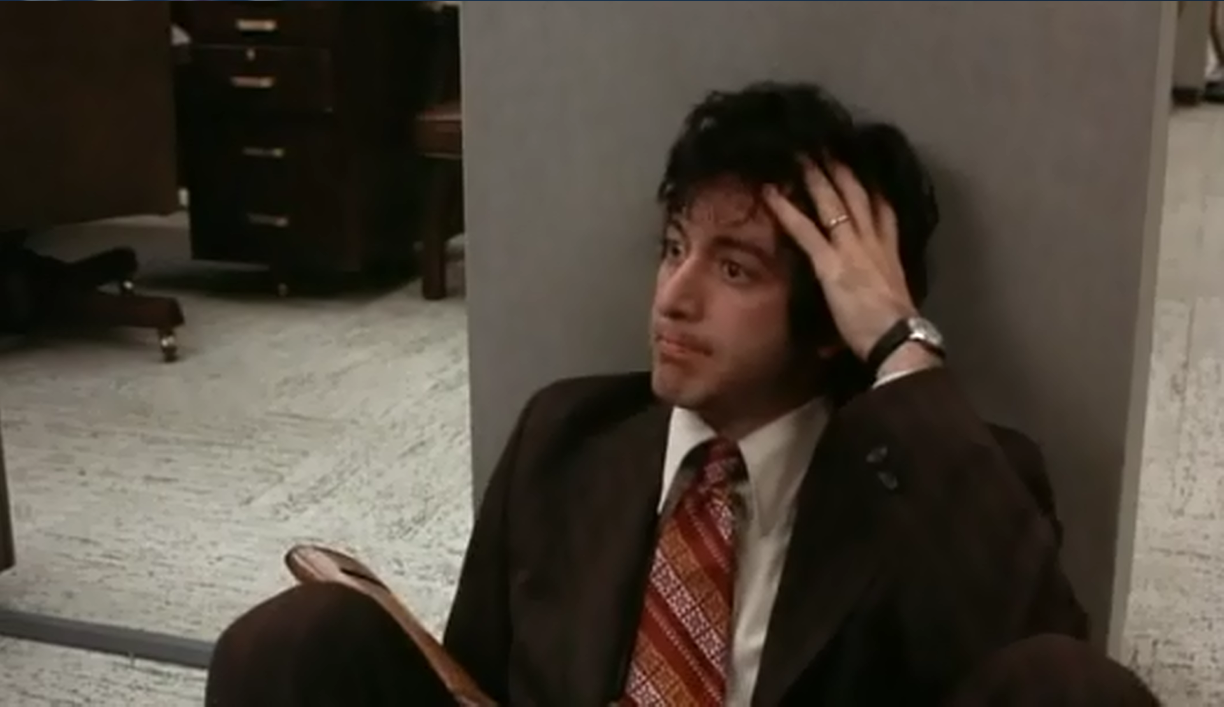
Directed by: Stephen Herek
Starring: Richard Dreyfuss, Glenne Headley, Jay Thomas, Olympia Dukakis, William H. Macy, Jean-Louisa Kelly
Mr. Holland's Opus spans thirty years in the life of a music teacher who, in his words, "had to be dragged into it kicking and screaming and then it became all I wanted to do." The teacher, Glenn Holland (Dreyfuss) takes a teaching job as a way to pay the bills while he writes a symphony which will propel he and his family to riches and fame. He and his wife Iris (Headley) seem to have a master plan, but the symphony writing takes a back seat to Glenn's attention to his teaching. He approaches his job at first by doing what is required and nothing further, but after being challenged by Principal Jacobs (Dukakis) to participate more in his students' education, he mentors a student who can't play the clarinet well and has self-esteem issues. Her growth becomes a source of pride for Holland, who begins to realize that teaching may be his ambition after all.
I may have made Mr. Holland's Opus sound like a Lifetime movie of the week, but it is a film with a strong sweep and moving scenes handled just right. We become a witness to Mr. Holland's life; watching students, teachers, and friends pass through it over the course of many years. We witness John F. Kennedy high school move through different eras and be touched by them. In one instance, Glenn and his football coach friend Bill (Thomas) attend the funeral of a former student killed in Vietnam. "We know too many of these kids," Bill says with a heavy heart.
Time rolls by. Glenn and Iris have a deaf son, which causes dismay to them both for different reasons. Iris frets her inability to communicate with her son, while Glenn realizes his son will never be able to hear his music. Glenn seems to be focus his attention more on his students than his own son, which erupts into a bitter argument and reconciliation the day following John Lennon's death in 1980. Glenn lovingly sings "Beautiful Boy" as a tribute to his son at a concert in a touching scene.
Being a popular teacher is not without its pitfalls. Mr. Holland becomes the object of infatuation by a student named Rowena (Kelly), the lead in the school Gershwin tribute. She sings "Someone To Watch Over Me" directly to him, causing consternation with his wife and confusion with him. He understands the line that must be drawn between the two, but perhaps he is attracted to her. This is a tricky subplot that is handled thoughtfully. A lesser film would've had Holland thrown into an illicit affair with the teenage girl instead of dealing with the feelings involved.
This ranks among Dreyfuss' best work. We see him evolve and change over the years into a teacher with a passion for teaching and one who also learns from his students. The Mr. Holland who began his career by making a beeline for the parking lot once the dismissal bell rang grows into a caring, passionate teacher. Dreyfuss' transformation is never less than compelling. After thirty years, the school eliminates the music and arts programs which force him into early retirement. When told by his principal that the school prefers reading and writing to music, Mr. Holland replies, "Soon enough, they won't have anything to read or write about."
Mr. Holland's Opus ends with a moving finale, although I would've preferred that they didn't play Mr. Holland's "American Symphony", which I assumed was unfinished. The assembled orchestra plays it so perfectly that I couldn't help but think a score was being played instead of this man's uncelebrated work. I would've preferred an ending in which Mr. Holland speaks to the assembly celebrating his retirement and references that his love for education caused him to abandon his dreams of being a famous composer. I would've also loved it more if he said that knowing what he knows now, he would've done it all again the exact same way.











